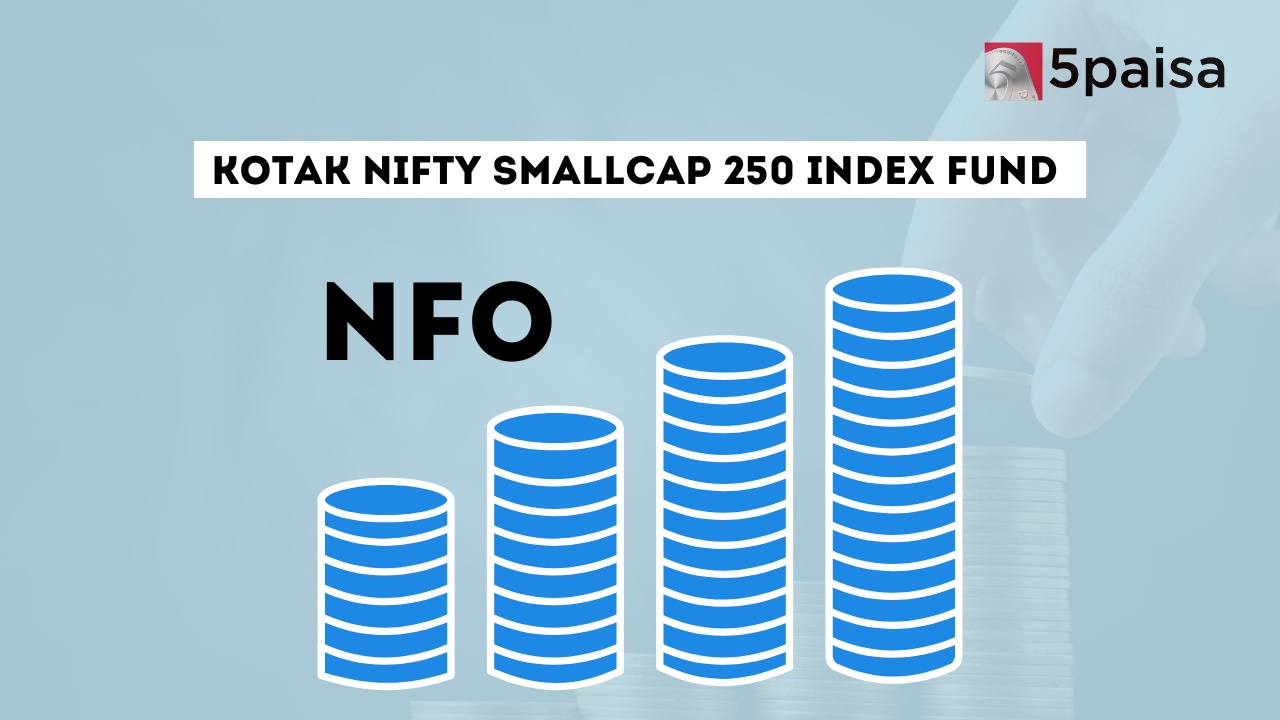RBI Directs Bajaj Finance to Halt ‘eCOM’ and ‘Insta EMI Card’ Loans, Share Price Decline

Last Updated: 16th November 2023 - 03:40 pm
Bajaj Finance, a leading non-banking finance company (NBFC), faced a setback as the Reserve Bank of India (RBI) imposed restrictions on its lending activities under two key products. Following the RBI directive, on Thursday, Bajaj Finance shares declined by 3.97% to ₹6,937.15 in early trade on the Bombay Stock Exchange (BSE). The central bank specifically instructed the NBFC to cease the sanction and disbursal of loans under its 'eCOM' and 'Insta EMI Card' products.
RBI's Concerns
The RBI highlighted concerns about the non-issuance of Key Fact Statements (KFS) to borrowers, particularly regarding the two mentioned lending products. Bajaj Finance acknowledged deficiencies in KFS issued for other digital loans and committed to addressing these concerns promptly.
Analysts view the situation as more of an operational breach than a major violation, anticipating a short-term impact on Bajaj Finance shares. CLSA, a brokerage firm, expects a 6% profit impact during the ban period but sees a potential quick resolution.
The RBI's restrictions have an immediate impact on Bajaj Finance's 'eCOM' lending on popular e-commerce platforms like Amazon, Flipkart, Yatra, and MakeMyTrip. The discontinuation affects the financing of purchases by existing EMI card customers through these platforms.
In response to the RBI's directive, Bajaj Finance assured a detailed review of KFS and pledged to implement corrective actions promptly. The company aims to rectify the observed deficiencies to the satisfaction of the RBI, emphasizing its commitment to compliance.
Analyst Perspectives
Jefferies: Jefferies anticipates a limited financial impact, noting that the Insta EMI card base constitutes only 5% of Bajaj Finance's total clients. The firm maintains a "buy" recommendation with a target price of ₹9,470.
Morgan Stanley: Morgan Stanley sees no financial impact and suggests that the stock's near-term pressure could be alleviated with a quick resolution, minimizing the earnings per share (EPS) impact. The brokerage maintains an "overweight" call with a target price of ₹10,300.
CLSA: While expecting a one- to two-quarter resolution, CLSA estimates a 6% impact on profits during the ban period. The brokerage views the issue as an operational breach and maintains a "buy" call with a target price of ₹9,500.
Citi: Citi holds a "neutral" stance with a target price of ₹8,375.
Bajaj Finance Q2 FY24
October 17, Bajaj Finance declared financial performance for the September quarter and reported a 27.8% surge in net profit, totaling ₹3,550.8 crore compared to ₹2,781 crore in the same period last year. Net interest income (NII), indicating the difference between earned and paid interest, rose by 26.3% year-on-year, reaching ₹8,845 crore.
Gross non-performing assets (NPAs) of Bajaj Finance decreased to 0.91%, with net NPAs dropping to 0.31%. This marks an improvement from the previous year's figures of 1.17% and 0.44%, respectively. Bajaj Finance showed an uptick in the number of loans booked during the quarter, seeing a 26% increase to 85.3 lakh compared to 67.6 lakh in the same period last year.
Deposit also surged by 39% to ₹54,800 crore from ₹39,422 crore in the year-ago period. Bajaj Finance maintained a consolidated net liquidity surplus, concluding September with ₹11,400 crore.
Bajaj Finance's assets under management (AUM) registered a 33% growth to ₹2.9 lakh crore in Q2, up from ₹2.1 lakh crore in the corresponding period last year.
Final Words
While Bajaj Finance faces immediate challenges with the RBI's restrictions impacting its share prices, analysts remain optimistic about a quick resolution and limited long-term consequences. The company's commitment to addressing the concerns and implementing corrective measures reflects its dedication to regulatory compliance.
- Flat ₹20 Brokerage
- Next-gen Trading
- Advance Charting
- Actionable Ideas
Trending on 5paisa
01
 5paisa Research Team
5paisa Research Team
06
 5paisa Research Team
5paisa Research Team
Indian Market Related Articles
Disclaimer: Investment in securities market are subject to market risks, read all the related documents carefully before investing. For detailed disclaimer please Click here.




